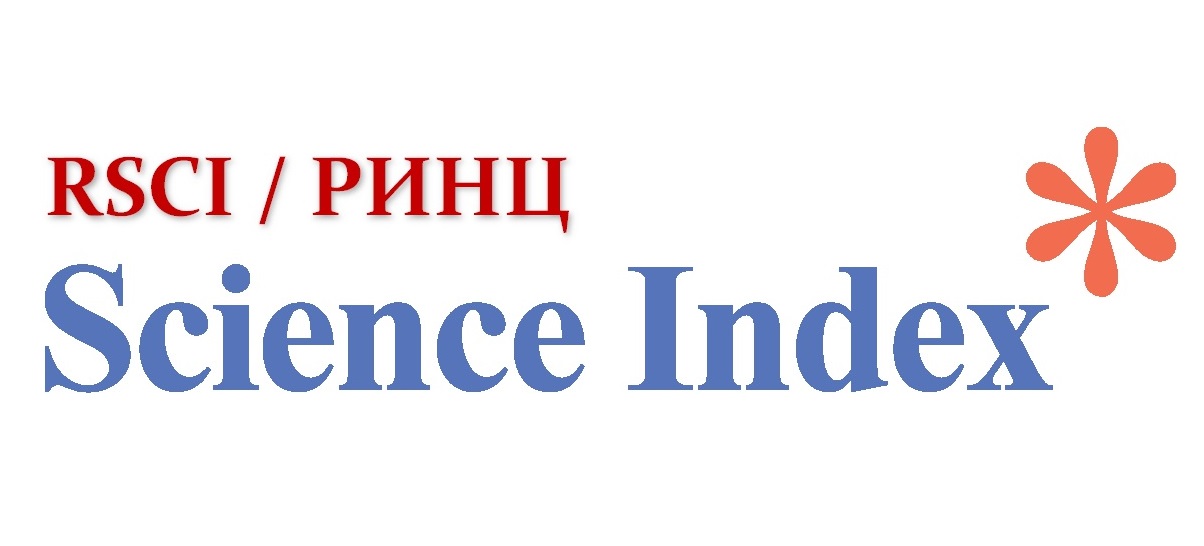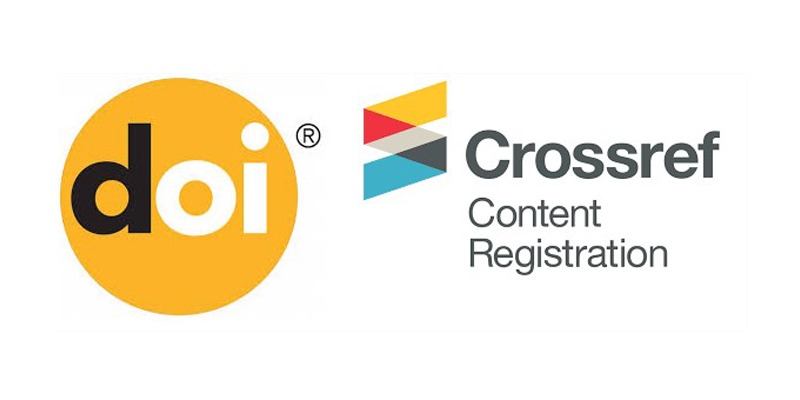Theoretical Methodology of the Prospective Directions in Digital Economy Development and Their Impact on Higher Education
Views: 349 / PDF downloads: 285
DOI:
https://doi.org/10.32523/2789-4320-2025-3-9-26Keywords:
digital economy, digital transformation, digital security, digital sovereignty, digital strategyAbstract
The digital economy has become the key driver of global economic transformation. As a product of the Fourth Industrial Revolution, it is introducing profound qualitative and structural changes into the development trends and governance models of higher education systems worldwide. This article examines the development trends of the digital economy and their implications for Kazakhstan’s higher education system. The aim of the research is to evaluate the impact of digital transformation on the education sector and to identify key challenges and opportunities within this process. Building the “New Kazakhstan” requires, first and foremost, the establishment of a new global geo-economic foundation and potential aligned with middle-power status, as well as the training of highly skilled professionals who possess advanced digital literacy and practical experience to meet contemporary global demands in a multipolar and secure regional geopolitical context. The study employs comparative analysis and case study methods. The results indicate that digital transformation enhances the quality of education and improves the efficiency of the learning process. The findings provide a basis for the development of strategic recommendations for the digital advancement of the education system.
Downloads
Downloads
Published
How to Cite
Issue
Section
License
Copyright (c) 2025 С. Кондыбаева, А. Калиева, Ж. Ермекова

This work is licensed under a Creative Commons Attribution-NonCommercial 4.0 International License.






